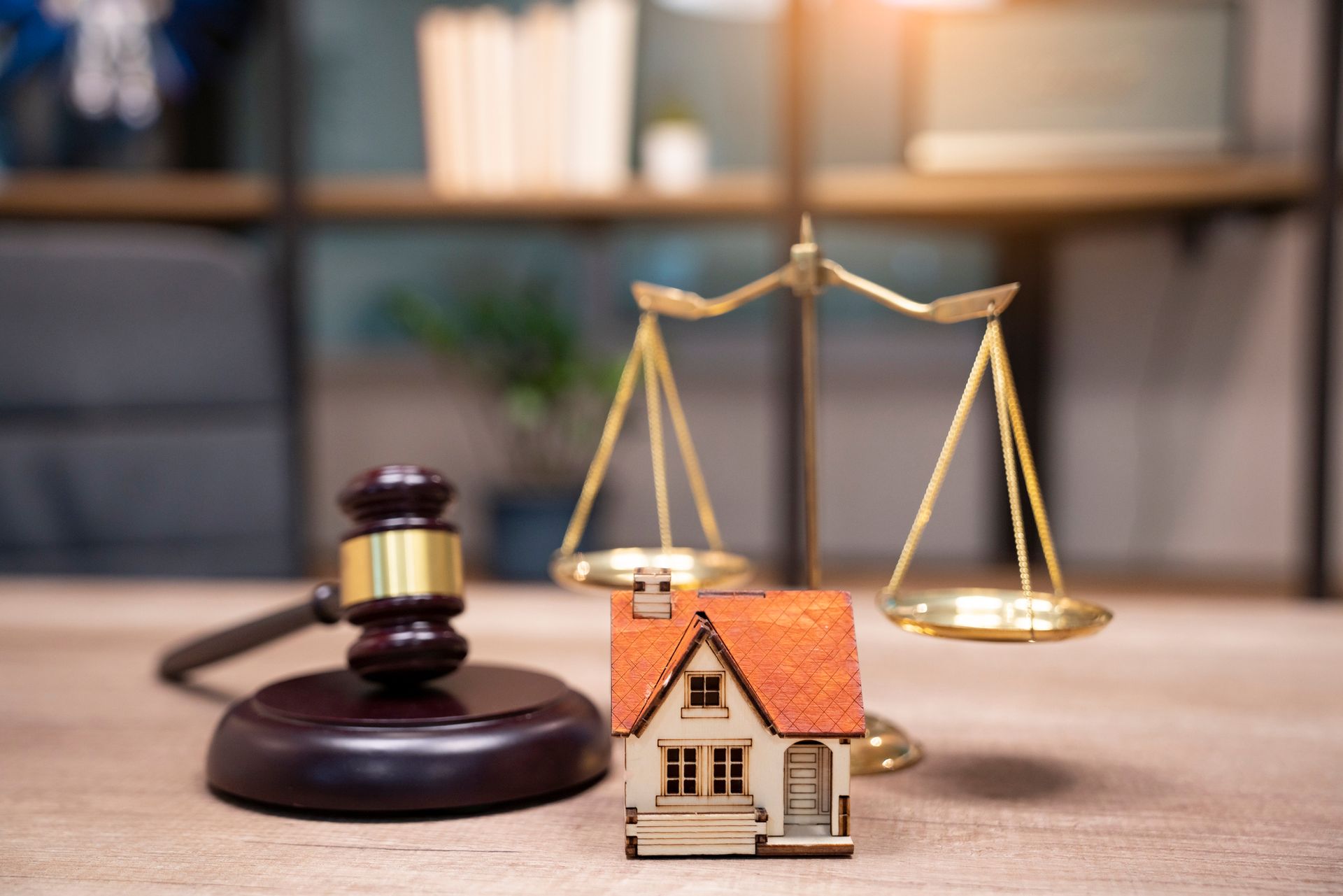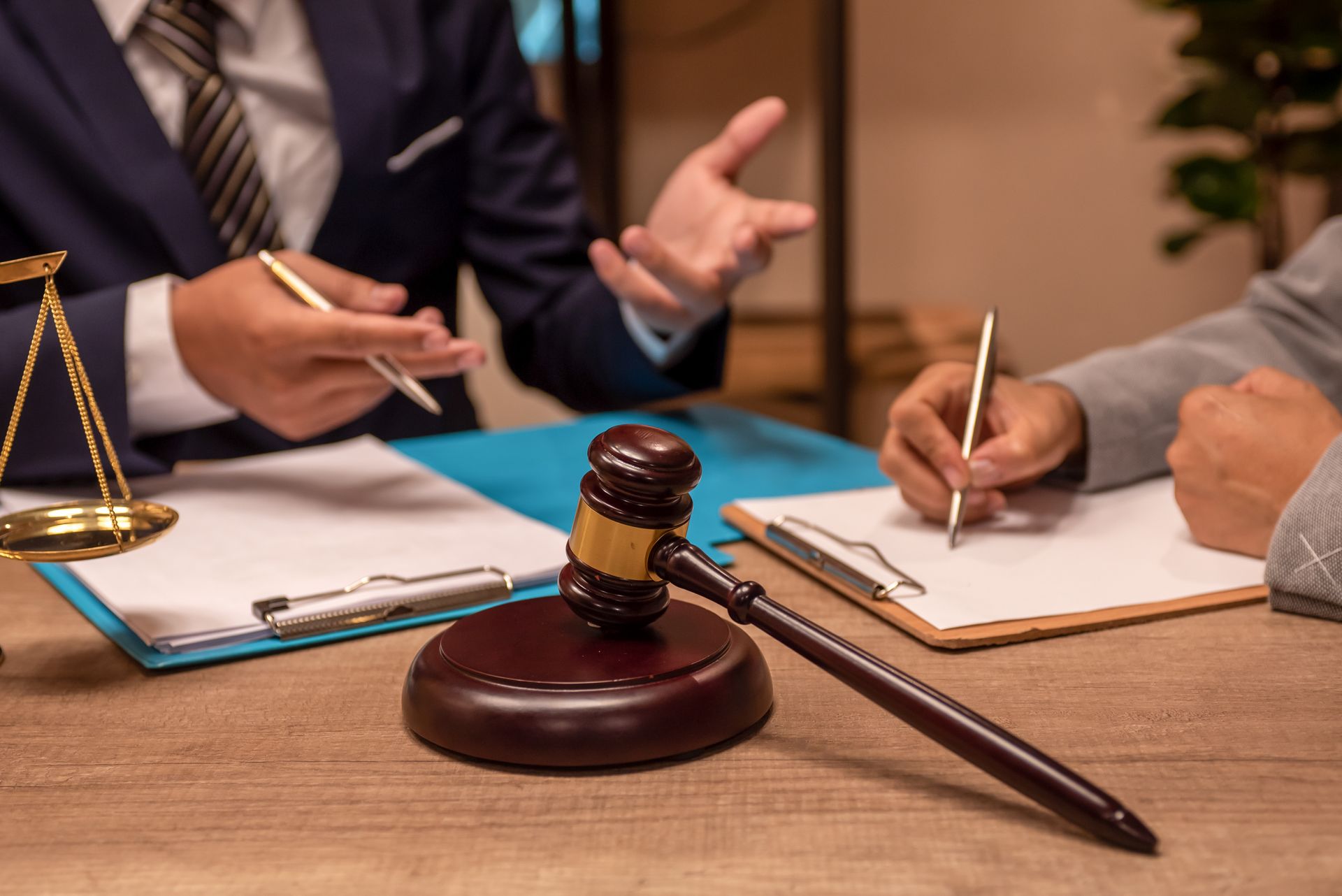Our NJ Bankruptcy Attorney Can Help You Keep Your Home

Once the foreclosure process starts, you have a very short period to decide the best path moving forward. Regardless of whether you want to fight to keep your home or move on from an investment you can no longer afford, it is critical that you work with an experienced attorney. The legal support of a trustworthy attorney can make a significant difference in the result of your foreclosure case. An attorney can buy you the time to save your home or assess the best options for your future. Quality legal support can give you invaluable advice for a better legal and financial outcome.
Veitengruber Law is an NJ bankruptcy attorney with experience in foreclosure defense. Here are some of our tips on how to keep your home when you are facing bankruptcy or foreclosure:
What is foreclosure?
Foreclosure is the process by which a mortgaged home is repossessed by the lender. It typically happens after a homeowner falls behind on their monthly mortgage payments. When a foreclosure is successful, the homeowner loses ownership of the property, and the lender can then sell the property to recoup any losses.
The foreclosure process typically begins when your lender notifies you that your account is delinquent, and that foreclosure is possible. At this point, it is in your best interest to contact your lender and attempt to get your account current. If a solution that works for you and your lender cannot be reached, your lender will likely initiate foreclosure after the account is 120 days delinquent.
NJ is a mandatory judicial foreclosure state, meaning the lender must file a lawsuit against the homeowner in court. In order to repossess a property in a judicial foreclosure state, the lender must follow all the rules surrounding foreclosure in NJ. For instance, once notified, the homeowner has 30 days to respond to the lawsuit. If the homeowner does respond, the case will go to court, and a judge will decide if a settlement can be reached, or the foreclosure will proceed.
In New Jersey, there are many requirements for lenders intended to keep the homeowners informed and protect their rights as property owners. Any misstep against these requirements from the lender or mortgage company can result in the foreclosure case being rejected. An attorney can ensure you know your rights and advocate for a fair process.
How can bankruptcy stop foreclosure?
There are many ways to stall foreclosure or eliminate the need for foreclosure. Your lender may be willing to work with you to get your account current or change the terms of your loan to make payments more realistic for your budget. Foreclosures can be very expensive and time-consuming for lenders, who may seek to avoid going through the foreclosure process if possible. Loan modifications, debt negotiation, loss mitigation, short sale, forbearance—there are many options to consider before foreclosure. Communicate with your lender as soon as you know there is an issue, and you will likely have a better outcome.
However, if you cannot reach an agreement with your lender and they are still pursuing foreclosure, bankruptcy can be a powerful tool to stall proceedings or eliminate the need for foreclosure. From the moment you file for bankruptcy, foreclosure proceedings halt. The court will issue the automatic stay order that will prevent your lender from pursuing debt collection efforts, including foreclosure.
How bankruptcy can help your specific case will depend on whether you file Chapter 13 or Chapter 7, which we explore in depth below.
Chapter 13 Bankruptcy
Chapter 13 bankruptcy is a great way to reorganize your debts by agreeing to a court-approved repayment plan. This plan will allow you to pay off some or all of your debts over three to five years. Any unpaid mortgage arrears can be included in this repayment plan. At the end of the plan, you will be caught up on your mortgage, and foreclosure will no longer be necessary. Any unpaid debt at the end of the repayment plan will be discharged. This is a great way to get back on track financially if you can realistically afford the monthly payments agreed to in our repayment plan.
Chapter 7 Bankruptcy
Chapter 7 bankruptcy is the better choice if you can no longer afford your home. Chapter 7 will give you the time to stay in the house throughout your bankruptcy case without having to make mortgage payments. At the end of Chapter 7, any debt related to your mortgage will be discharged, making you no longer responsible for paying it back. The court will include your home in your bankruptcy estate and use the proceeds of the sale of your home to pay back your mortgage lender.
What are bankruptcy exemptions?
If you meet specific requirements, it is still possible to save your home even when you file Chapter 7 bankruptcy. Keeping your home during Chapter 7 typically involves getting current on your mortgage and proving to the court that you can continue making regular payments. There are also federal and state exemptions that can help you protect your home. You have the right to utilize either state or federal exemptions, but you cannot use both. The federal homestead exemption allows you to save up to $27,900 in equity per individual and $55,800 in equity per household. Depending on how much you still owe on your mortgage, these exemption amounts can make it unrealistic for the bankruptcy trustee to make any money to pay back creditors with the sale of your home. In this case, they will likely leave your home untouched.
How will my credit score be affected?
Bankruptcy and foreclosure will both negatively impact your credit score. Chapter 13 will stay on your credit report for seven years, and Chapter 7 bankruptcy will remain on your credit report for up to ten years. A foreclosure will stay on your credit report for seven years from the date of the first missed payment. These negative marks on your report can make it challenging to buy a home, get a loan, or get approved for new lines of credit.
When determining which path will have the least impact on your credit report, foreclosure or bankruptcy, you should keep a few things in mind. Bankruptcy essentially starts you over at zero. Yes, your credit score will take a hit, but once bankruptcy is over, you can begin rebuilding your credit without the burden of unmanageable debt. With foreclosure, however, not only will you be dealing with the black mark of a foreclosure on your credit report, but you will also still be responsible for your other debts. For this reason, it may be easier to rebuild your credit after bankruptcy than foreclosure.
We understand how much pressure and stress folks facing foreclosure are under. With over a decade of experience helping NJ homeowners fight foreclosures, we have the knowledge and skills to help you save your home. The quicker you contact an attorney, the quicker you can get through this difficult time. Call us today for your free consultation!










